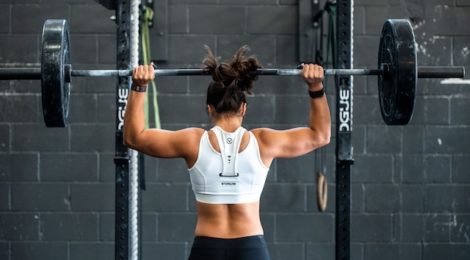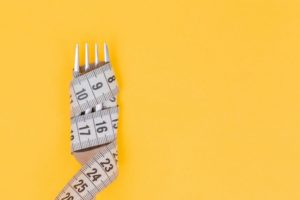
Mental Health Supports Lacking in Competitive Bodybuilding
Low body fat, high muscle mass, improper training, and lack of guidance during the preparatory phase can lead to poor mental health among competitive bodybuilders. Bodybuilding competitions test participants’ ability to remain persistent and focused during months of preparation. One of the largest Bodybuilding Foundations, The International Fitness and Bodybuilding Federation, has over 6,000 shows occurring this year alone. While coaches praise competitors and reward them for their figures, the process of getting into shape requires participants to reach dangerous physical and dietary extremes which inevitably take a toll on their mental and physical health.
We spoke with psychotherapist and the founder of the only non-profit women’s bodybuilding federation in Canada, Christine Harrison. Harrison tells us that it can be very easy to get into diets that do not satisfy nutritional needs during a bodybuilding competition. One involves decreasing carbohydrates to pull water out from behind the skin, helping to achieve the specific “bodybuilder look.” Some go on diuretics to dehydrate themselves. And extreme food cuts, as well as performance enhancing drugs are used to achieve the ideal look. Alena Kasanova, a 46-year-old mother who was competing in the Europa Pro Contest, fell into the common unhealthy routines of dieting, drugs and extreme exercise, which ultimately led to her premature death.

Dieting and fitness should be individualized and depend on physical needs. Without supportive counselling and an experienced coach, many fall into damaging habits, which are often dismissed by the bodybuilding community.
Harrison mentions that competitors occasionally come in with pre-existing medical conditions that they were unaware of, which are consequently amplified during preparation for a bodybuilding competition. Disordered eating affects women three times more than it affects men. With hormonal fluctuations, muscle dysmorphia, and body image dysmorphia, participation in bodybuilding competitions can be particularly hard on women, especially if they have an underlying mental health condition.

Given that women have a lower level of testosterone than men, it is harder for them to achieve a muscular look leading to what Harrison calls “. After shows and competitions many can experience what is known as the “post-show blues” as individuals tend to fluctuate in their body image. Access to supportive counselling and having an experienced coach for the duration of the preparation stage can help avoid reaching dangerous extremities pre-and post-show.
-Jasleen Ghuman, Contributing Writer
Image Credits:
Feature: John Arano at Unsplash, Creative Commons
First: Diana Polekhina at Unsplash, Creative Commons
Second: Hannah Xu at Unsplash, Creative Commons




This is so spot on! I competed in the late 80’s & 90’s. My eating disorder was celebrated because I was so good at controlling what I ate and how much I exercised. It took a huge toll on my mental health to go back to looking “normal” after a show or a healthy weight again.
It is an extreme sport that takes so much discipline and dedication. But I have to say that the majority in this field are not confident and only see what is wrong or what needs to be worked on.
I found meditation and yoga that support not only my physical but my mental health. I wish this resource was around 20 years ago.